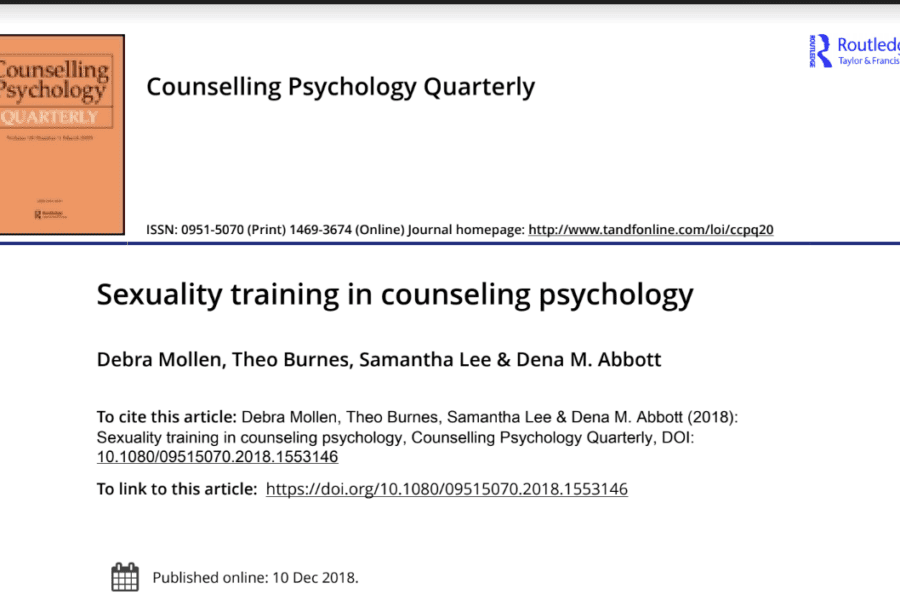Sarita Sidhu on writing her life and on the writer she has become
Humor for a writer is one of those elusive traits — either you have it or you don’t — and for those who don’t, it’s the kind of lack that can feel like a wanting. Wouldn’t it be nice, the unfunny are prone to wonder, if I could be so cunning and true as to bring a reader to laugh? And while we all might agree that there is no such thing as a dumb question there is such a thing as a question that should not be asked, in this case: why is this joke funny? Because as soon as the question is breached the joke is ruined.
Recent Antioch MFA graduate Sarita Sidhu is one such poignant and funny writer. In her creative nonfiction, usually taking the form of memoir, letter or essay, she is adept at wringing a moment out with words and then releasing them to be resolved by the beat of the reader’s hmmmm’s and ha-ha-ha’s. But ask Sarita if she’s funny, if she’s always been so funny, and the joke dispels.
“Um….” Sarita pauses, an unexpected severity in her silence. She’s gone to a dark place and when she remerges she begins to recount her past, full of fraught relationships with her Indian family. She doesn’t bring up her ghosts to reinforce the truism that humor is born out of pain, but rather to challenge the idea that she is funny at all.
“I suppose humor allows you to write about things that otherwise would be sentimental. Or would be boring, like who the heck is going to want to read that,” Sarita says. “But I am also conscious of the fact that for writing to be profound and to be moving it does not have to be funny,” here she takes a long pause, “not at all.”
Which is to say that, for Sarita, the descriptors of her writing are entirely beside the point because she and her work aim for (and so often achieve) loftier goals like empathy and generosity.
“I want to write for readers like the girl I once was,” Sarita says, dreaming about what comes after Antioch. “I want to write what I wish there had been, something I could have read that could have helped me, just something… something that could have helped me navigate, you know, everything.”
See, for most of Sarita’s life, an element of her pain has been being told she is a certain way by the people who proclaimed to know her, as families so often do. But because of her family’s traditions and Indian culture, Sarita says it was the women especially who were expected to carry the family honor and so the women who were shaped to become vessels for shame. But something in Sarita made it so she couldn’t accept what was being ascribed, her inner self begging to be known for its own form and on its own terms. She is a daughter, a wife, a mother, a teacher, a friend, and a writer who makes her art in pursuit of empathy or, as she says, paraphrasing Dorothy Allison, to write about people from her past with love.
But writing with compassion is easier to say and harder to do and for Sarita it wasn’t until she and her husband moved from England to Virginia Beach (which is to say it wasn’t until there was an entire ocean between her and her families back home) that she had the space to really look at her past, and the room to ask the questions: “Is it possible to assert my equality, my right to self-determination, without being ostracized? So what if I’m ostracized?”
To answer the question she got to writing even though, back then, she didn’t know how to write, relying on what she thought were enough decent sentences to self-publish a book of memoir vignettes, including a recipe for gulab jamun offered as the book’s sweet conclusion. But now, even all these years later, she’d still rather not share the title of the book, but calls it simply and affectionally, “rubbish.” Remember, she reminds, back then she was uninitiated in the world of literature, knowing nothing of structure or tone or the science of poesis. Those would become lessons for another time for Sarita had a more pressing lesson to glean, that most vulnerable learning in every writer’s life when one must confront, perchance to overcome, their own self-consciousness. Admittedly, Sarita was fearful of who she was as revealed on the page, so much so that at first she wrote under a pseudonym — a sheath of anonymity that allowed her to be who she really was.
Now, many years later, Sarita is a trained writer, recently bona fide with a MFA. Once untrained in literature and unsure of what the craft would hold for her, now she is considering using what might be called the antithesis of a pseudonym, a reincorporation of her maiden name into her married name, turning Sarita Sidhu into Sarita K Sid. It’s a personal evolution both subtle and profound, one she couldn’t have made without first having made the decision to attend Antioch in 2016, which she says was the hardest choice she’s ever had to make. There were typical concerns like how much the program cost and its notoriously undefined career path, but for Sarita the real question was significantly more existential.
“I had to give myself permission to accept the place I’d been offered, to risk making a mistake, to risk wasting money,” she says. “To risk looking & sounding foolish, & being wrong … To make that decision I had to summon the kind of courage that reaps rewards, the kind of courage that comes when, as a woman, you make a decision to do something for yourself.”
Having graduated in December, Sarita is now in a place to reflect on where she’s come as a person and as a writer over the last two years. She says she’s worked her ass off. She says she feels like a writer. She says the program has freed her, has given her more confidence. She says nothing of being funny or profound or inspirational.
Once hiding under a nom de plume of self-consciousness, Sarita is overcoming the fear that so often comes with writing true stories in the first person by thinking generously, of writing simultaneously, for herself and for her reader. It’s not a conversation exactly, more like an offering of her words on the page to the little girl on the other side who needs “something…something” to “navigate, you know, everything.”
Read Sarita’s blogs for Lunch Ticket, “Bending the Spectrum,” and, “Bad Vegan,” and read her annotation of Dorothy Allison’s, Skin, published in Annotation Nation.
By Sarah Haas



